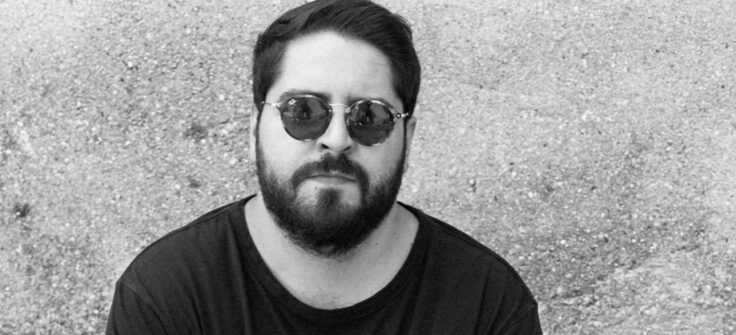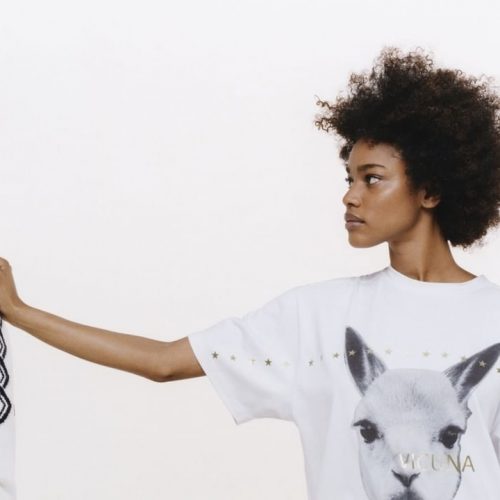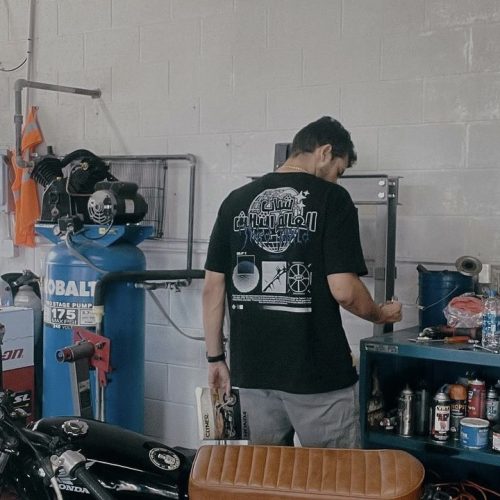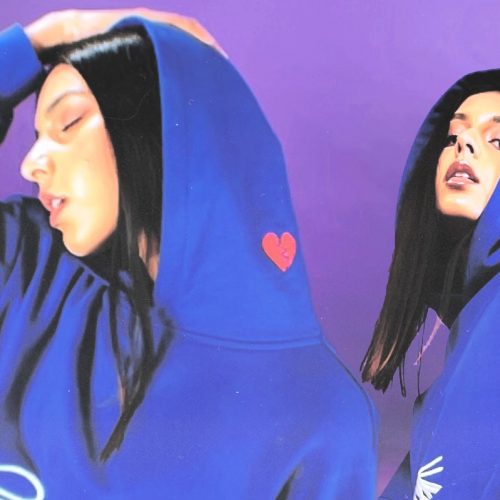Few booths standing at this year’s edition of Sole DXB stood out as much as Les Benjamins’. It was bright—very on trend—neon yellow, the kind that startles you at first glance. There stood Bünyamin Aydin, the man who founded the now-cult Istanbul-based streetwear label, crowded by friends and influencers all decked out in his latest collection while passers-by slinked in to the pop-up store.
However remarkable, the scene was quite understandable for a brand of this magnitude. Les Benjamins is now carried in over 200 stores across the globe. Everyone from Jared Leto to Luka Sabbat has worn Aydin’s designs.
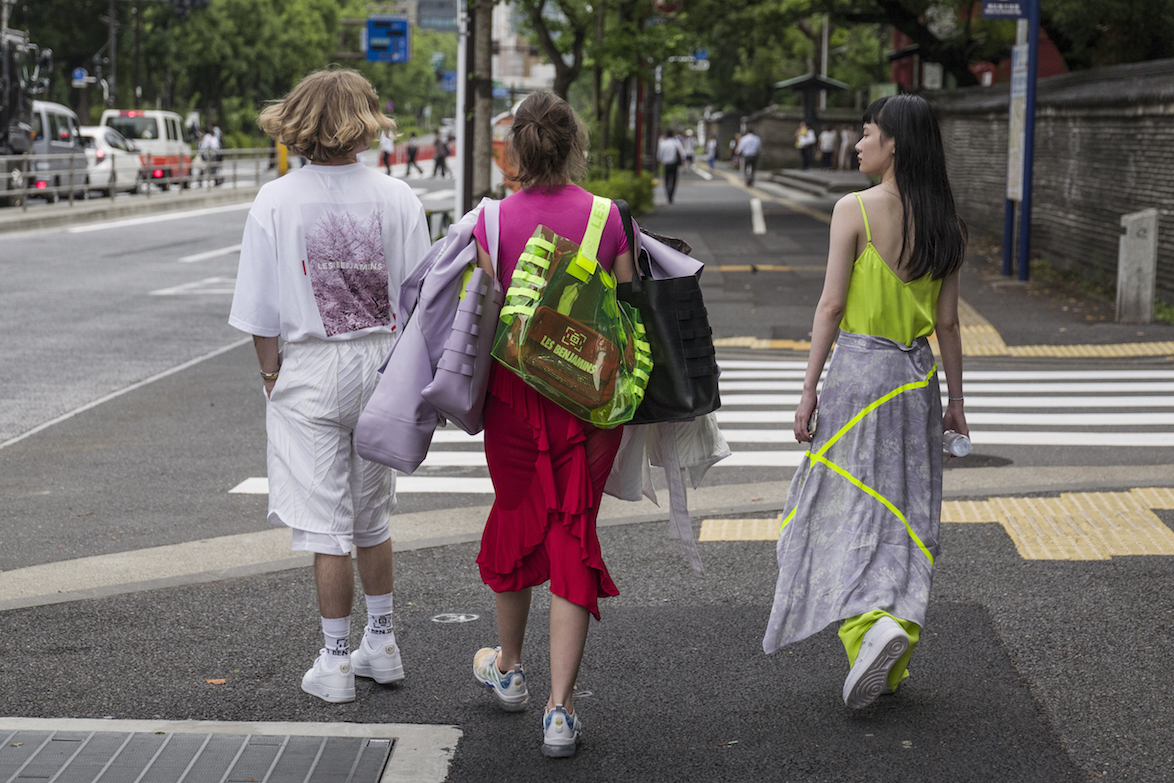
Now based in Istanbul, Aydin spent his childhood as part of the Turkish migrant community in Germany where his adolescence was spent roaming the Swiss-Mediterranean streets of Lugano. It wasn’t until about nine years ago that he decided to dive right into Turkish society.
Since his move, he now views his upbringing as a privilege. But the most moving part of his story is his sheer drive to cultivate—through streetwear and various happenings—a global community of sorts, and empower up-and-coming talent from all corners of the globe to work together and create an equal playing field irrespective of background or ethnicity.
A mere two months before our meeting, Aydin celebrated the opening of his first flagship concept store on Istanbul’s Akkavak Street. A modernist multi-brand space that’s dedicated to culture and community, stocking brands like Roberi & Fraud, Casablanca and MISBHV alongside Les Benjamins, of course. We caught up with Aydin to talk about his vision, what community means to him and the roles culture and streetwear play.
Tell me a little bit about the launch of your concept store?
We really needed a space where people who are interested in in street culture and sneaker culture can come together. In the region, especially in places that are still up-and-coming, people spread out, they don’t talk to each other and so to bring them all together on one platform was very important to me. There wasn’t a physical space where we could together and inspire each other. We didn’t want to be a typical retailer, so when Don [the architect] and I sat, I said [the store] should be 50 per cent community, 50 per cent retail.
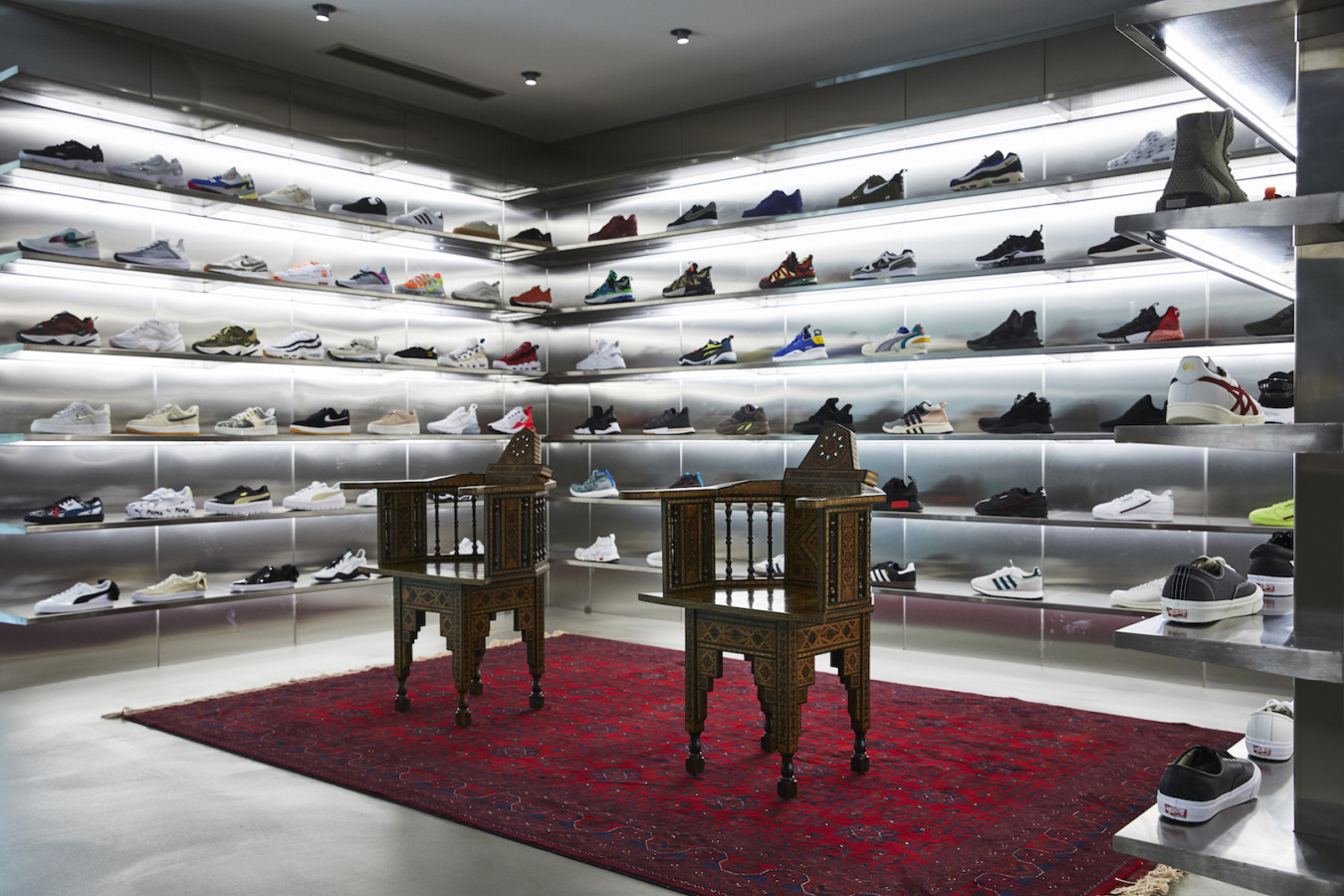
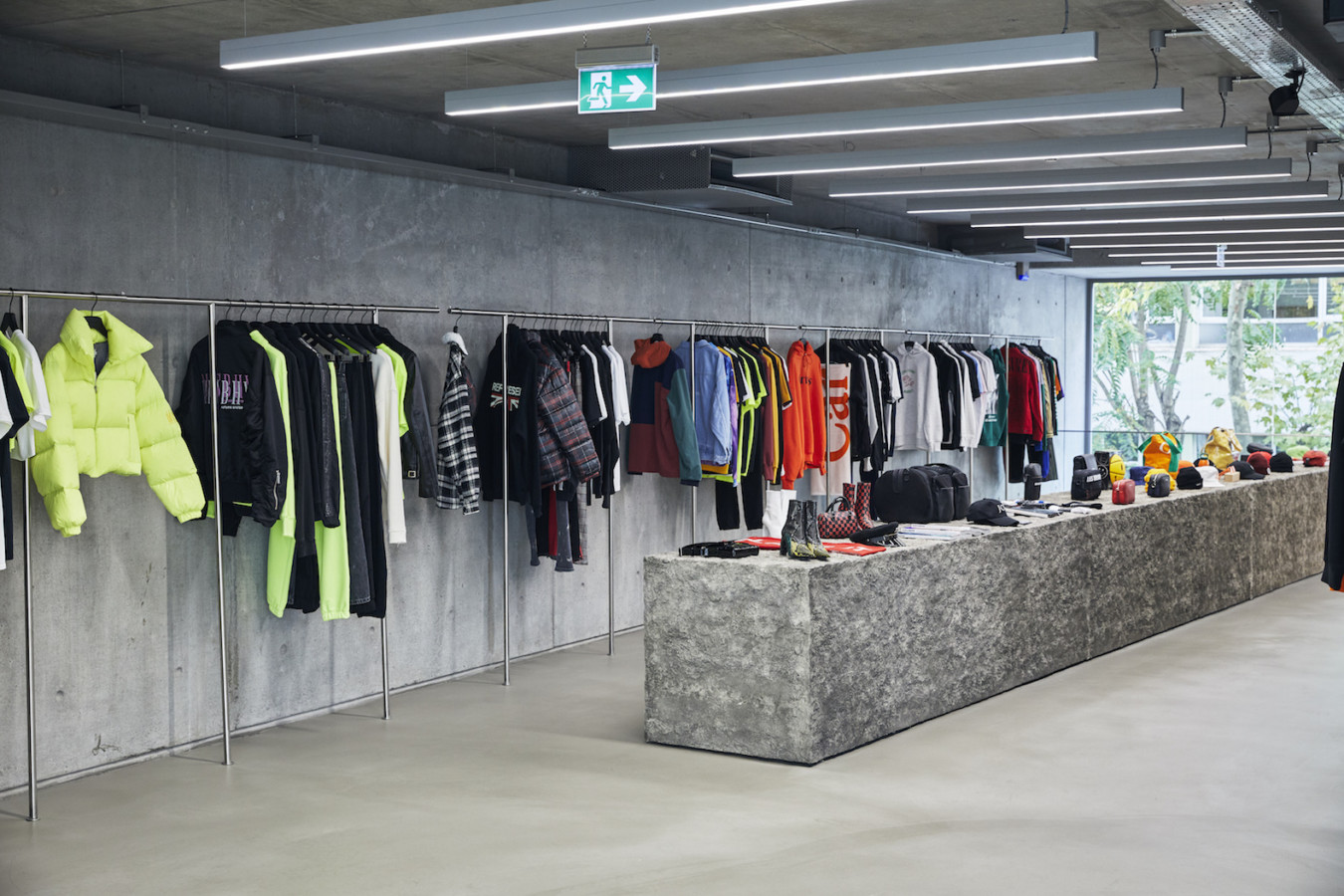
That’s quite rare for a brand to do, it seems like you’re all about building a community.
I mean, a community starts with yourself. You need to take a step forward, and it’s just about talking to people, and actually communicating with them. It’s something that we forgot, especially in the digital age. We’re alienating ourselves. I think everyone is lonely.
How do you counteract this loneliness?
It goes back to how our parents grew up in communities, and how they built friendships in their neighbourhoods. I feel like we’ve kind of lost that, and the youth now are trying to rebuild it—but it’s still pretty niche. I talk to people, and convince them to understand this concept. Nine years ago, when I started in Turkey, people were asking “Oh these designs are from Turkey? There are designers in Turkey?” I didn’t get it at first, but it made me realize that because no one is talking, no one knows it exists. How can people understand if you don’t talk and promote? But it’s not about being a self-promoter, it’s about giving a platform for discovery.
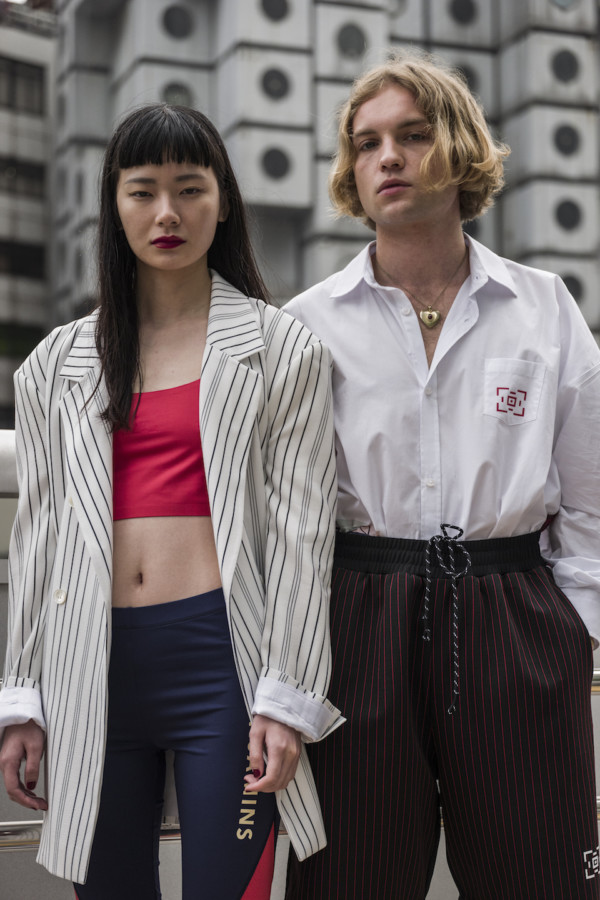
Your clothing has always been about culture, but outside of your designs how else does Les Benjamins connect with the culture?
We have a plan to sign brand ambassadors, and we’re just going to send them to explore different cultures and let them discover it with a film crew. We’re just going to follow them. It could be a conversation with a local, it could some kind communication with another artist, or designer.
I want to empower people in Saigon, I want to empower people in Beijing. Because, for example, you have this stereotype of China being a copycat country, and because of that, people don’t pay attention to the scene there. I hate that. There are creatives in China. There has to be.
Do you think people are receptive to this message, in the region in particular?
Here in the region, people have their own little groups, but they don’t get together. I try to bring everyone together. Don’t get me wrong, no one owns a community, but you can be a bridge. And it’s only then that you can create a movement. It’s everyone together. I walk around anywhere now and everyone is a friend. There’s a community, and we support each other.
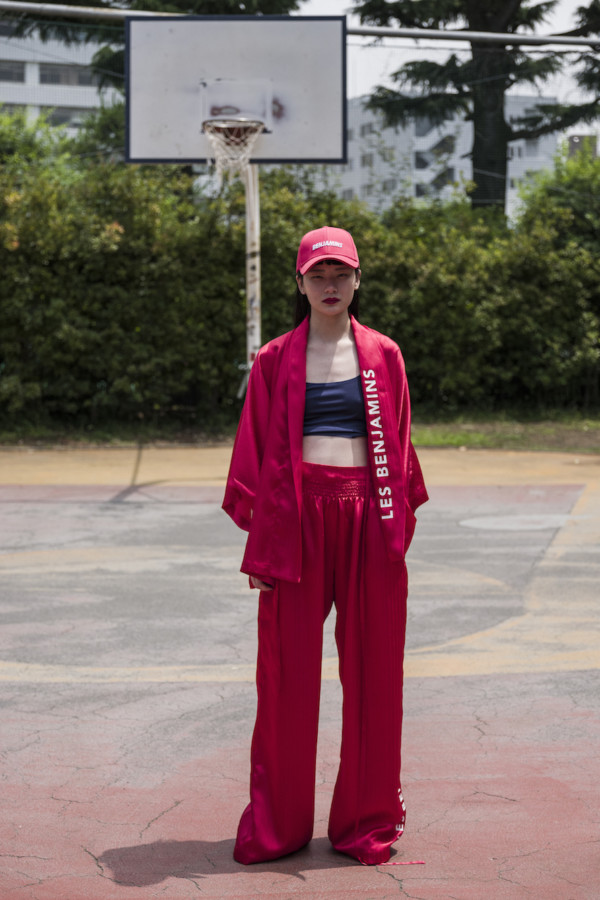
And what role does streetwear play in all of this?
Streetwear is the ‘now’. It always reflects the present. It used to be that the industry had the power. Now it’s in our hands to make changes. We’re in control. Look at Instagram. Look at all these influencers. There’s real influence. We can really make a difference if we all get together. We’re living in a golden age.
What’s next for Les Benjamins?
I love how the youth cares about sustainability. Starting with my upcoming seasons, I want to tackle how I can push for sustainability, because it’s all in our hands.





